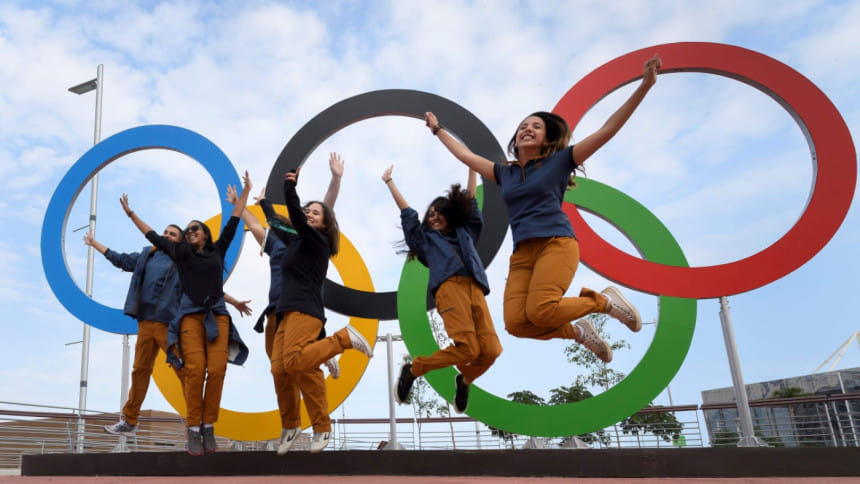Fever not yet contagious

There is something amiss about Rio de Janeiro at the moment. With less than 24 hours to the opening ceremony of the 2016 Olympic Games, one would have thought that the city would be buzzing with excitement; there would be a frenzy of activity around the town and names such as Usain Bolt and Michael Phelps would be popping up at every small talk at coffee shops and street-side gatherings. That is hardly the case.
You will find the Olympics when you see the heavily armed military police and special forces patrol the city streets. You will find the Olympics when you see the volunteers in yellow dresses doing their rounds in big hotels and at the venues. But for the common working man, that pulse is somewhat missing.
Felipo Almeido, an engineer in his late twenties, has lived all his life in this city. He says he understands why the Games have not yet caught the imagination of the people like it should have. The news on TV of the street agitation during the Olympic flame's journey into Rio draws his attention. "I Like sports, especially beach volleyball, and maybe I will watch an event or two from the venues." he says. "But that is not true for everyone. There are a lot of people who are not happy with the Games taking place at the expense of more important things. They would have preferred this investment to be made in building schools and hospitals."
That is a view shared widely across the spectrum of people in Rio. Make no mistake; Brazilians are very passionate about sport. They have set a gold standard in football as well as volleyball, beach volleyball and quite a few other sports. They have had sporting icons such as Ayrton Sena and Gustavo Kuerten, and of course, all those legends of football including Pele.
But these are hard times for the country. The economy has shrunk for the fifth consecutive quarter and people are more concerned about their well-being rather than watching the Americans, the Chinese and the Brits take the laurels home.
On top of that, Rio had to contend with a number of issues in completing the venues on time. Construction workers are still putting the finishing touches and a large portion of tickets remain unsold.
Fernando Meirelles, the man who gave the world the 'City of God' -- a rare visual insight into the lives and perils of the notorious favelas of Rio -- is entrusted with the job of emulating London and Beijing, but with a very small budget compared to what those cities spent.
"First I was very upset, you start thinking something very big and then you have to cut, cut, cut.," Meirelles said in an interview regarding the drastic cuts in budget from the one initially proposed. "On the other hand, it is good in some ways because we are in a moment in the world where we need to be reasonable with the way we spend money."
Despite all the hardships and constraints, Meirelles feels that the Olympics could be a game-changer for Brazil, at least on a psychological level if not in materialistic terms.
"I hope that the opening ceremony will be a drug for depression in Brazil. Brazilians can look at it and say we are a cool people, we are different ethnic groups, we live together, we never went to war, we are peaceful, we know how to enjoy life and we tend to be happy."

 For all latest news, follow The Daily Star's Google News channel.
For all latest news, follow The Daily Star's Google News channel. 



Comments